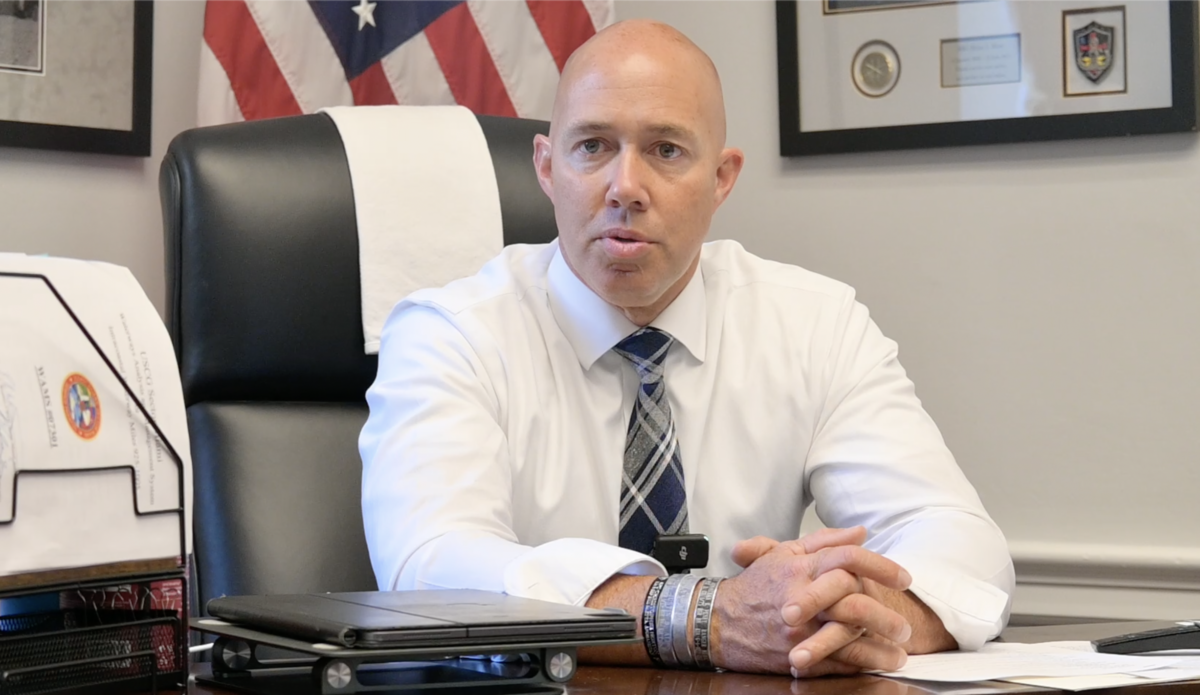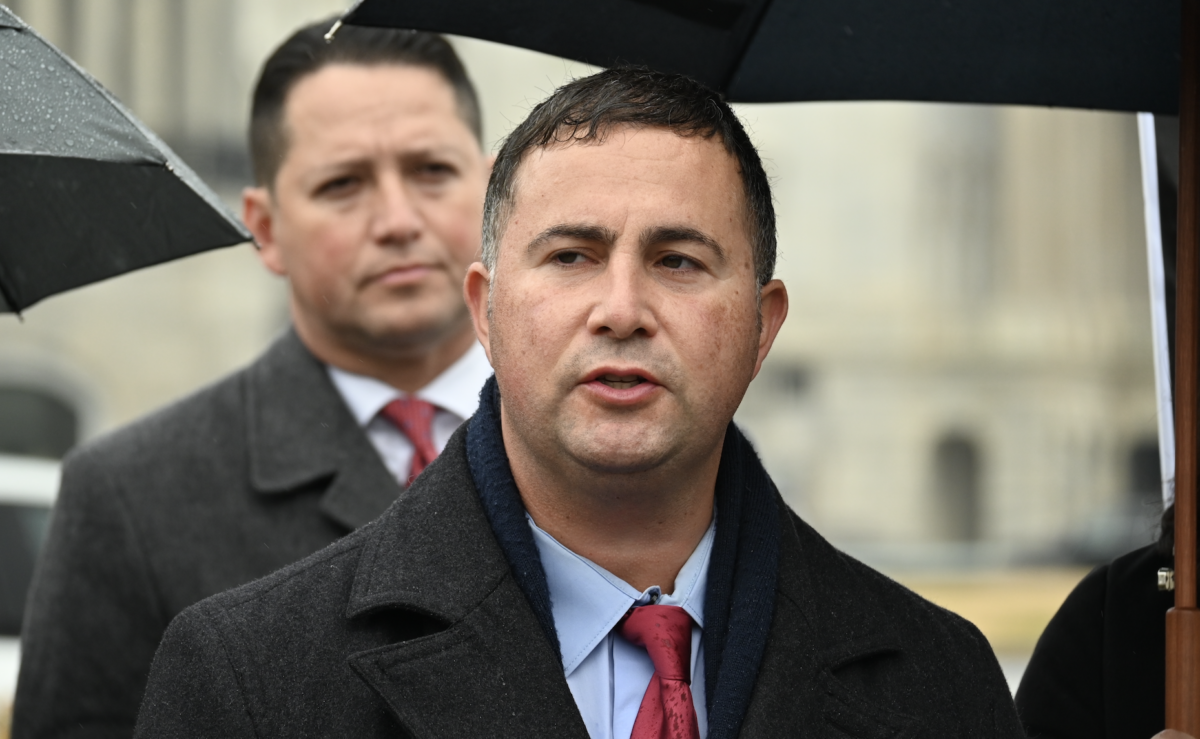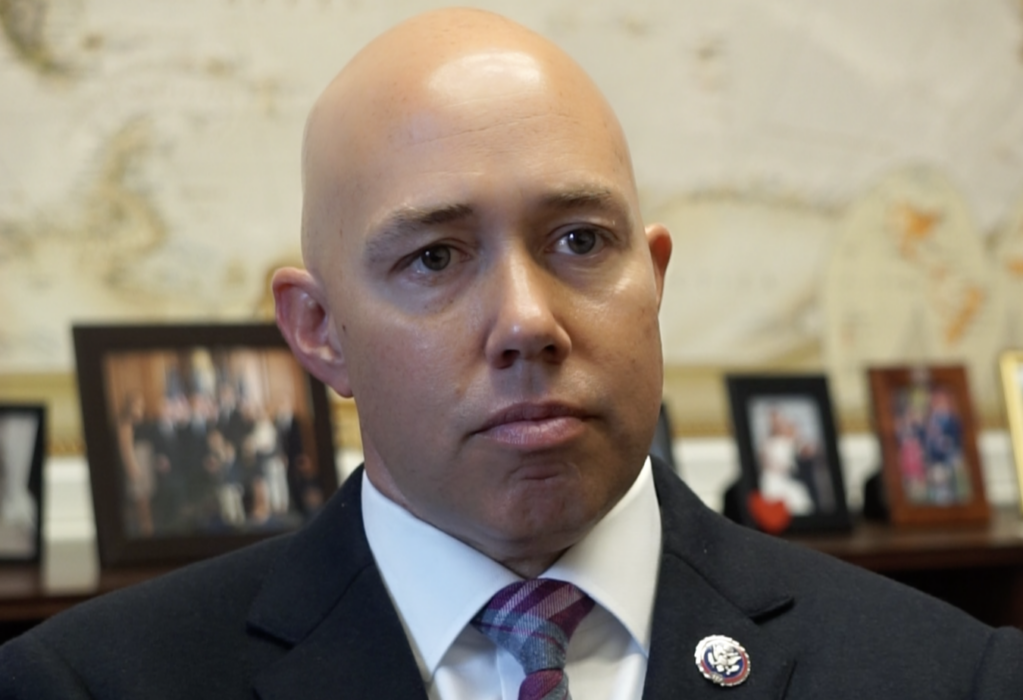Environmental issues have taken precedent in policymaking in Florida to protect the natural and diverse areas throughout the state. This week, U.S. Senator Marco Rubio (R-FL) saw his South Florida Clean Coastal Waters Act pass in the Senate.
Sen. Rubio took to Twitter to show that the Senate passed his bill that will, "assess the causes of algal blooms in Lake Okeechobee & Florida’s southern coastlines, identify needed resources & develop a plan of action to address it."
Tonight I passed yet another bill
The Senate just passed my South Florida Clean Coastal Waters Act which will assess the causes of algal blooms in Lake Okeechobee & #Florida’s southern coastlines,identify needed resources & develop a plan of action to address it #AnotherOne
— Marco Rubio (@marcorubio) March 9, 2022
The bill received bipartisan support in both chambers of Congress, as the legislative counterpart in the House of Representatives was not only sponsored by US Rep. Brian Mast (R-FL), but also Democrat, US Rep. Darren Soto (D-FL). Rep. Mast has made protecting the South Florida environment, specifically Lake Okeechobee, the centerpiece of his legislative agenda in recent years.
After completing the required assessments in the bill, Sen. Rubio hopes to install follow up steps, including:
- Address monitoring needs to be identified in the assessment;
- Develop a timeline and budgetary requirements for deployment of future monitoring assets;
- Identify requirements for development and verification of HAB predictive models; and
- Propose the development of an early warning system for alerting local communities to HAB risks to human health.
“Harmful algal blooms can sicken Floridians, damage local economies, and devastate our ecosystems,” Rubio said. “We need to focus federal resources on understanding our blue-green algae and red tide problems in South Florida, and to develop an action plan with the State of Florida to meaningfully address these challenges.”












